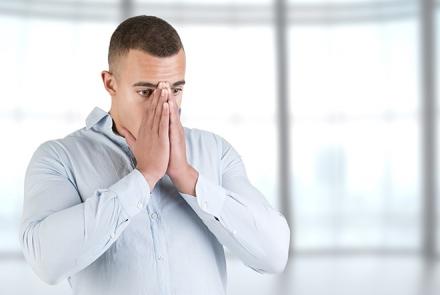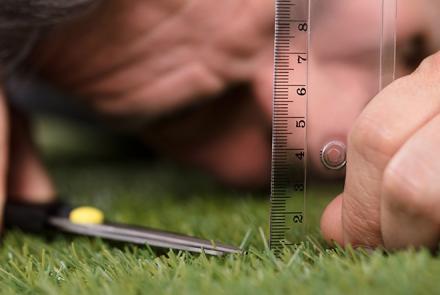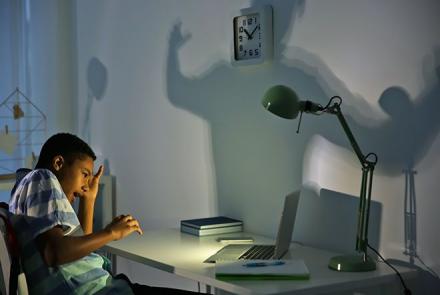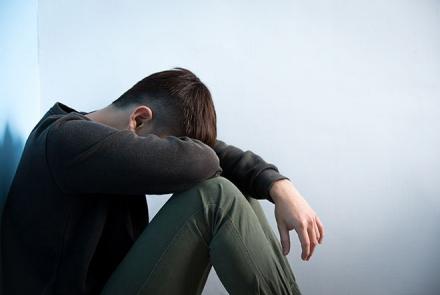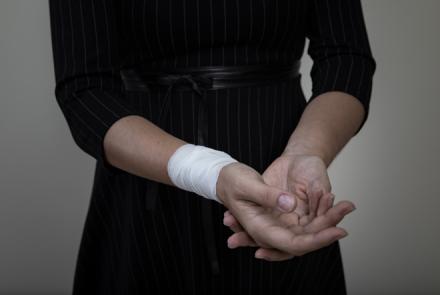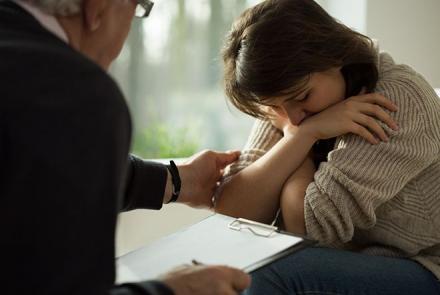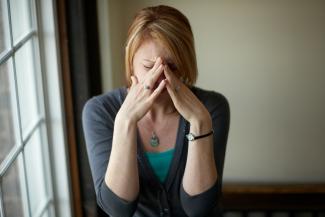
You are focused on looking after a patient with a chronic condition. But you, the caregiver, may also be at risk. Rama Murali of Care3 (Care Cubed), a support network and resource bank for caregivers, gives you some tips on how to avoid caregiver burnout.
“You yourself, as much as anybody in the entire universe, deserve your love and affection.” – Buddha
Why focus on Caregiver health?
Although caregiving can be truly rewarding for many, the 24×7 nature of caring for a loved one who requires assistance with daily activities can take a toll on the caregiver over time.
*****
“Even the most dedicated workers need an occasional vacation, and this is especially true of caregivers. A burned-out caregiver cannot provide quality care.” - - D. Helen Susik, Gerontologist.
*****
Physical and emotional risks to Family Caregivers have been documented widely. Several of the most common mental, physical, and social challenges Caregivers face include:
- Increased risk of depression
- Increased risk of chronic conditions
- Decreased self-care
- Increased risk of Social Isolation or Feeling Alone
Caregivers need self-care
One of the most important things to understand is that if you do not put your own needs – health, emotional, social – at the top of the priority list, you will not be well enough to care for anyone in the long term.
A relevant example is the one given before air travel. The flight attendant instructs the passengers that if there is a drop in oxygen levels, masks will fall from above your seat. Make sure you put your mask on first before you help any child or elder or anyone else who needs help. This is to ensure you get the air you need, otherwise you will not be able to help anyone, and all will suffer. Caregivers often spend so much time ensuring their family member is comfortable, they forget their own health, which will affect both the caregiver and the person they are caring for in the long run.
How to prioritise Caregiver health
Caregivers, keep the following in mind:
- Be active – mentally and physically – avoid burnout
- Eat well (plant-based, whole grain, healthy fats)
- Manage stress – meditation, yoga, hobbies, sudoku etc.
- Sleep is restorative – make it count
- Do not skip breakfast or other meals
- Don’t sit for long hours
- Maintain aerobic and strengthening exercises – yoga, walking, light weights, etc.
- Get check-ups, watch weight, blood pressure and lipid levels
In addition to all these tips, one of the best ways to care for yourself is to connect with other Caregivers – peers – and support each other. Meeting people who understand your situation and challenges and sharing experiences is enormously beneficial. This helps in the following ways:
- Being able to vent to those who understand
- Knowing you are not alone
- Using your expertise to help others, and feeling empowered
- Having more social connections acts as a buffer against stress

